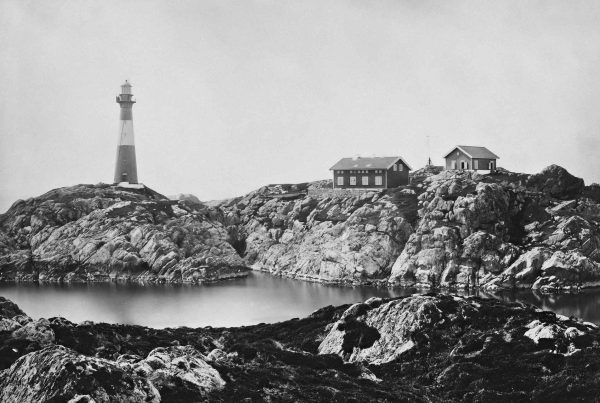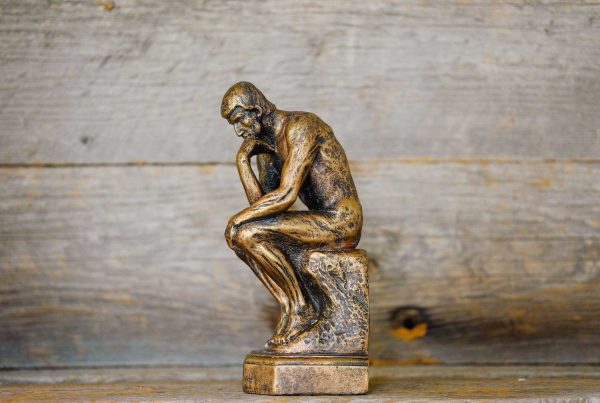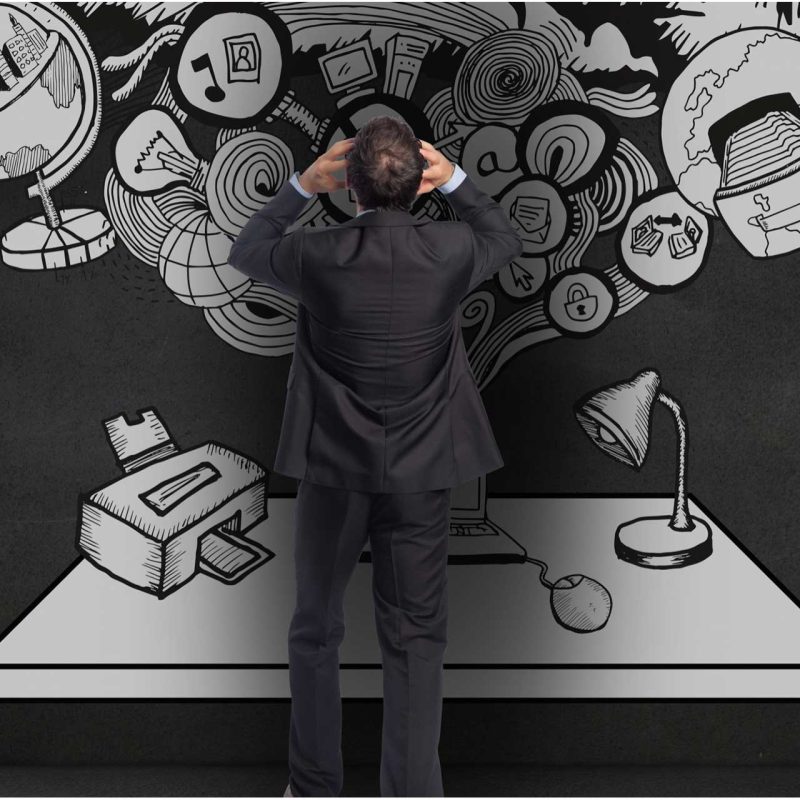 CONTINENTAL PHILOSOPHY IN THE TWENTIETH CENTURY
CONTINENTAL PHILOSOPHY IN THE TWENTIETH CENTURY
CONTINENTAL PHILOSOPHY IN THE TWENTIETH CENTURY
 EXISTENTIALISM
EXISTENTIALISM
EXISTENTIALISM
 MEDIEVAL PHILOSOPHY
MEDIEVAL PHILOSOPHY
MEDIEVAL PHILOSOPHY
 THOMISM
THOMISM
THOMISM
 AFRICAN PHILOSOPHY
AFRICAN PHILOSOPHY
AFRICAN PHILOSOPHY
 THE ESSAY OF AFFIRMATION
THE ESSAY OF AFFIRMATION
THE ESSAY OF AFFIRMATION
 THE ESSAY OF REFUTATION
THE ESSAY OF REFUTATION
THE ESSAY OF REFUTATION
 THE PRE-SOCRATICS
THE PRE-SOCRATICS
THE PRE-SOCRATICS
 POST-KANTIAN PHILOSOPHY IN THE NINETEENTH CENTURY
POST-KANTIAN PHILOSOPHY IN THE NINETEENTH CENTURY
POST-KANTIAN PHILOSOPHY IN THE NINETEENTH CENTURY
 HIGHER-ORDER LOGICS
HIGHER-ORDER LOGICS
HIGHER-ORDER LOGICS
 PYTHAGOREANISM
PYTHAGOREANISM
PYTHAGOREANISM
 THE ARGUMENTATIVE PAPER
THE ARGUMENTATIVE PAPER
THE ARGUMENTATIVE PAPER
 BRANCHES OF PHILOSOPHY
BRANCHES OF PHILOSOPHY
BRANCHES OF PHILOSOPHY
 ANALYTIC PHILOSOPHY IN THE TWENTIETH CENTURY
ANALYTIC PHILOSOPHY IN THE TWENTIETH CENTURY
ANALYTIC PHILOSOPHY IN THE TWENTIETH CENTURY
Logic
Books
-
The Labyrinth: An Existential Odyssey with Jean-Paul Sartre
$16.99 -
The Marxification of Education: Paulo Freire’s Critical Marxism and the Theft of Education
$23.24 -
Isaac’s Fear: An Early Modern Encyclopedia of Judaism
$79.01 -
The Art of War (AmazonClassics Edition)
$2.99 -
The Rigor of Angels: Borges, Heisenberg, Kant, and the Ultimate Nature of Reality
$28.80 -
Determinism, Death, and Meaning (Routledge Studies in Metaphysics)
$48.95 -
Humanly Possible
$56.59 -
Dawn: Thoughts on the Presumptions of Morality, Volume 5 (The Complete Works of Friedrich Nietzsche) (V. 5)
$106.26 -
The True Believer: Thoughts on the Nature of Mass Movements (Perennial Classics)
$11.39 -
The Foundations of Phenomenological Psychotherapy
$129.99 -
The Soul of Civility: Timeless Principles to Heal Society and Ourselves
$24.36 -
The Prince
$7.99 -
Art as experience,
$50.00 -
The Yoga Sutras Of Patanjali
$4.85 -
The Art of Happiness: A Handbook for Living
$9.99 -
Between Utopia and Dystopia: Erasmus, Thomas More, and the Humanist Republic of Letters
$53.64
The Atomos Blog
Philosophy of Law: An Introduction
Philosophy of Law: An Introduction
Philosophy of Science: An Introduction
Aesthetics: An Introduction
Epistemology: An Introduction
Ethics: An Introduction
Logic: An Introduction
Metaphysics: An Introduction
Philosophy of History: An Introduction
Philosophy of Language: An Introduction
Philosophy of Mind: An Introduction
Philosophy of Technology: An Introduction
Political and Social Philosophy: An Introduction
Environmental Philosophy: An Introduction
Existentialism and Phenomenology: An Introduction
Feminist Philosophy: An Introduction
Philosophy of Mind: An Introduction
Terms & Concepts

Empiricist



































































